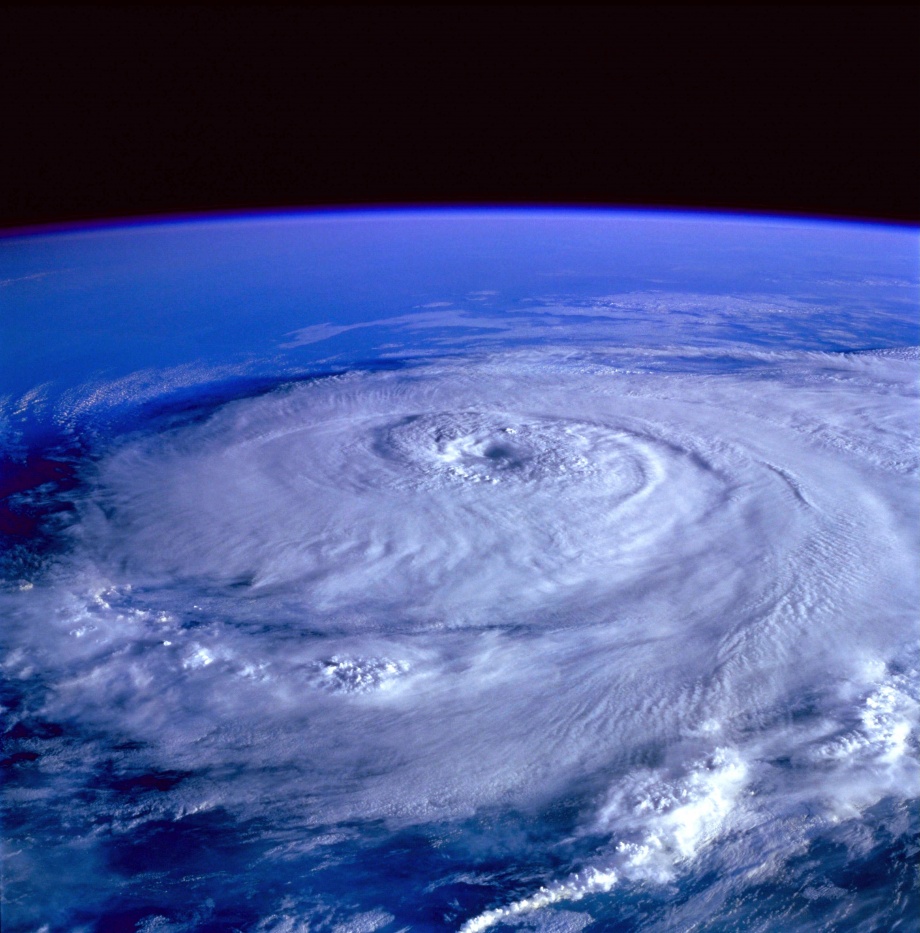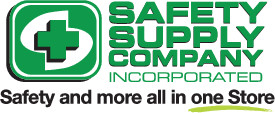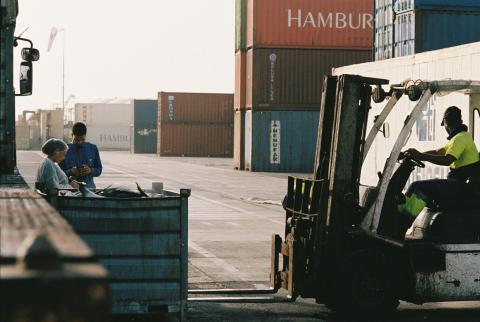Are You Hurricane Ready?

June 1st is the start of hurricane season. Hurricanes are a serious weather phenomenon, which can cause severe damage to the environment, infrastructure, and economy. Early hurricane preparedness is essential to minimize risk during and after a hurricane.
There are different hurricane categories and terms you need to be aware of during the hurricane season:
· Hurricane Watch- This means that potential hurricane conditions could occur within 24-36 hours
· Hurricane Warning- Hurricane conditions are expected within 24 hours or less
· Category 1- Winds range from 75-94 mph and some property damage can be expected.
· Category 2- Winds range from 96-110 mph and may cause extensive damage to property and the environment. Increased danger to persons from debris that has been picked up by the wind.
· Category 3- Winds range from 111-120 mph, and devastating damage will occur, high risk for death and property damage.
· Category 4- Winds range from 130-156 mph, and catastrophic damage will occur to property, environment, and a high potential for loss of life
· Category 5- Winds over 157 or higher and catastrophic damage will occur to property, environment, infrastructure, and high risk of loss of life in people and livestock.
In preparation for the hurricane season, you should determine the risks likely to affect you if a hurricane should strike.
Assess the vulnerability of your property (home, car, boats, business) and identify the areas to be strengthened. During a hurricane, the risks can include damage from high winds, flooding, and storm surges.
You should also be aware of whether your home is located within an evacuation zone and secure your home accordingly.
If you need to evacuate your home, all members of your family should be aware of the evacuation plan. This plan should include the name of the shelter you would need to evacuate to, the route you intend to take, and contact numbers for family and close friends. Remember to include the care of your pets within your evacuation plan.
Keep your emergency kit packed and your home stocked with emergency supplies. These should include:
- Canned Food and Drinking Water for approximately two weeks per person within the household
- Prescription medication and dietary requirements for at least two weeks for those who need them
- Extra Batteries
- Portable Chargers
- Gas
- Cash (do not rely on your ATM cards in case the power is down)
- First Aid Kit
- Rain Gear
- Flashlights
- Reflective Vests
- Manual Can Opener
- Plastic Tarp
- Face Masks
- Fire Extinguisher
- Personal Hygiene Products
- Toiletries (including sanitizer, antibacterial wipes)
- Sleeping bag or blankets (in case you need to evacuate to a shelter)
- Candles and matches
If you have infants and/or pets, include:
- Diapers
- Formula
- Bottles
- Wipes
- Pet Supplies (bowls, leash, etc.)
- Pet Food
Part of your preparation should include ensuring that your insurance policies for your home, car, etc., are up to date and that you know what your policy covers.
Remember, proper preparation reduces the risk to yourself, your family, your home, or your business.
You can visit Safety Supply Co. online at www.safetysupplyco.com to view our range of emergency supplies to help you get started or complete your hurricane supplies kit.
Blog Articles
Check out more articles
PPE: The Unspoken Love Language
Wearing PPE: Protecting Your Present and Securing Your Future
View MoreTips to Improve Safety While Working With Heavy-Duty Mobile Equipment
Improving the safety of ground personnel working around mobile equipment, such as forklifts, excavators, etc., requires a combination of engineering controls, administrative measures, and behaviora
View MoreWhy You Should Service Your Safety Equipment
Safety equipment serves as the frontline defense against workplace hazards, ensuring the well-being of employees and minimizing risks.
View More



